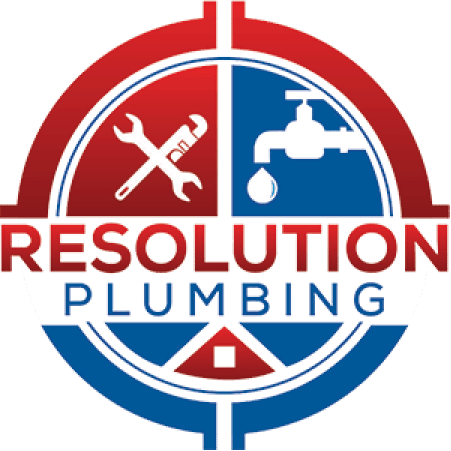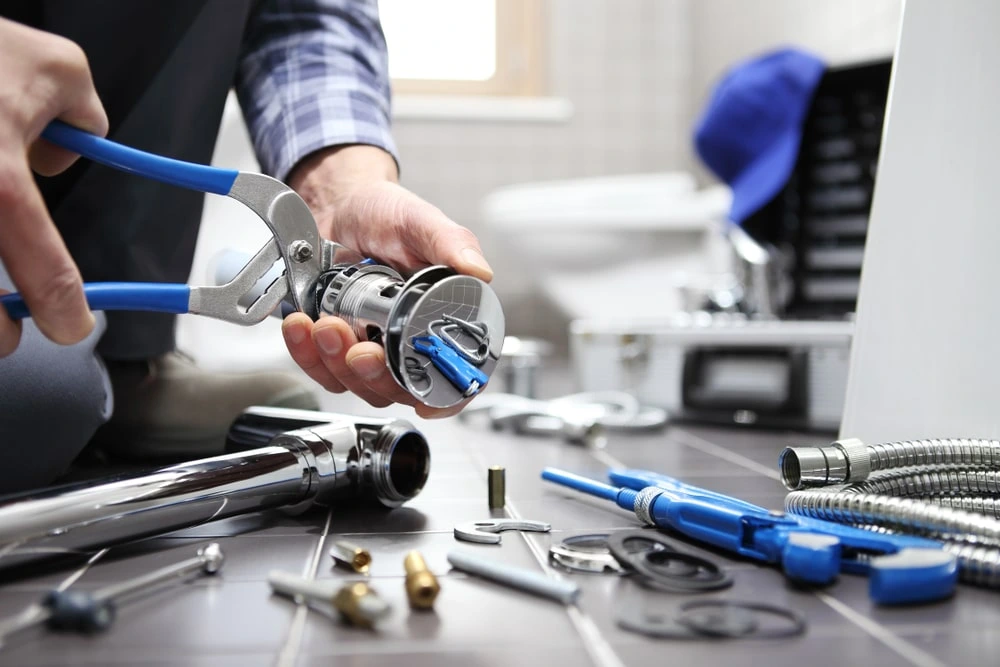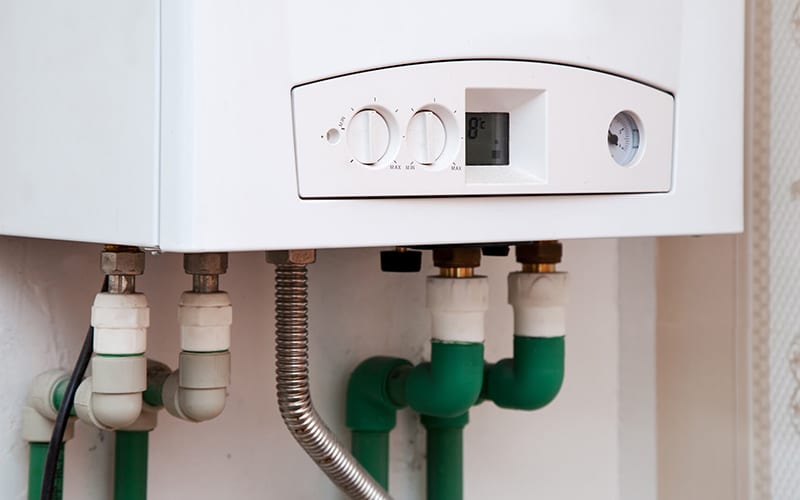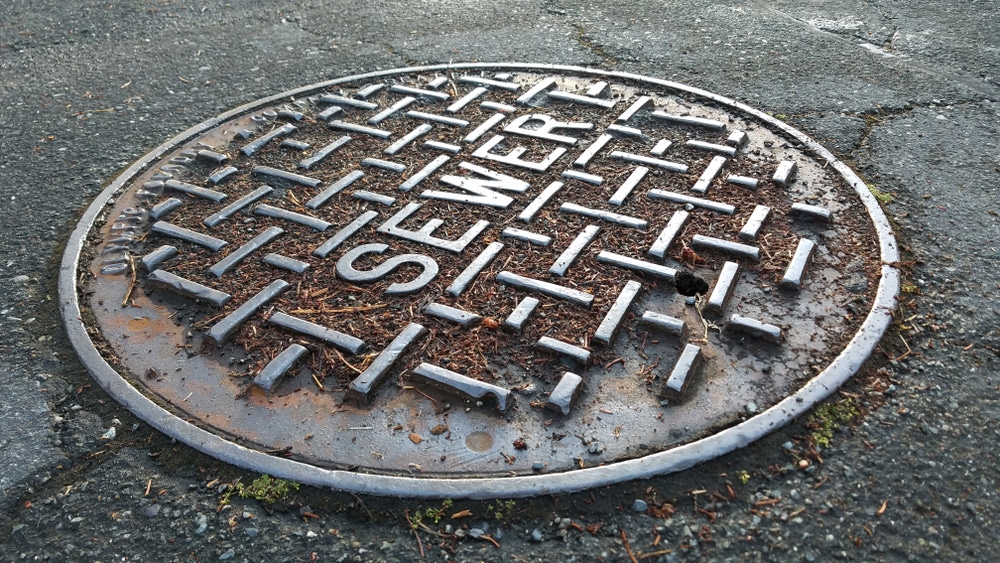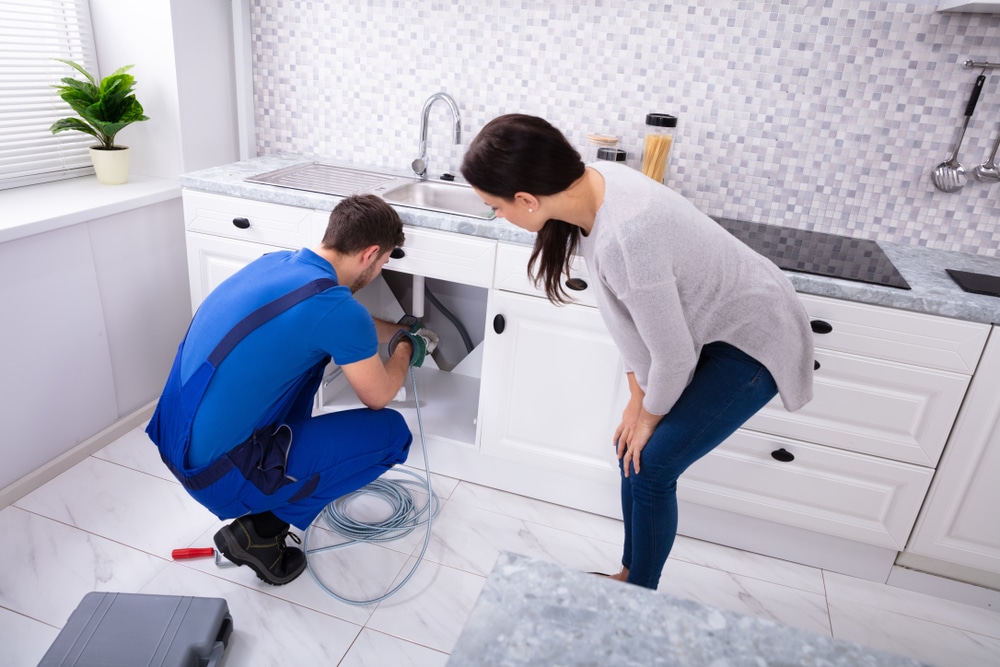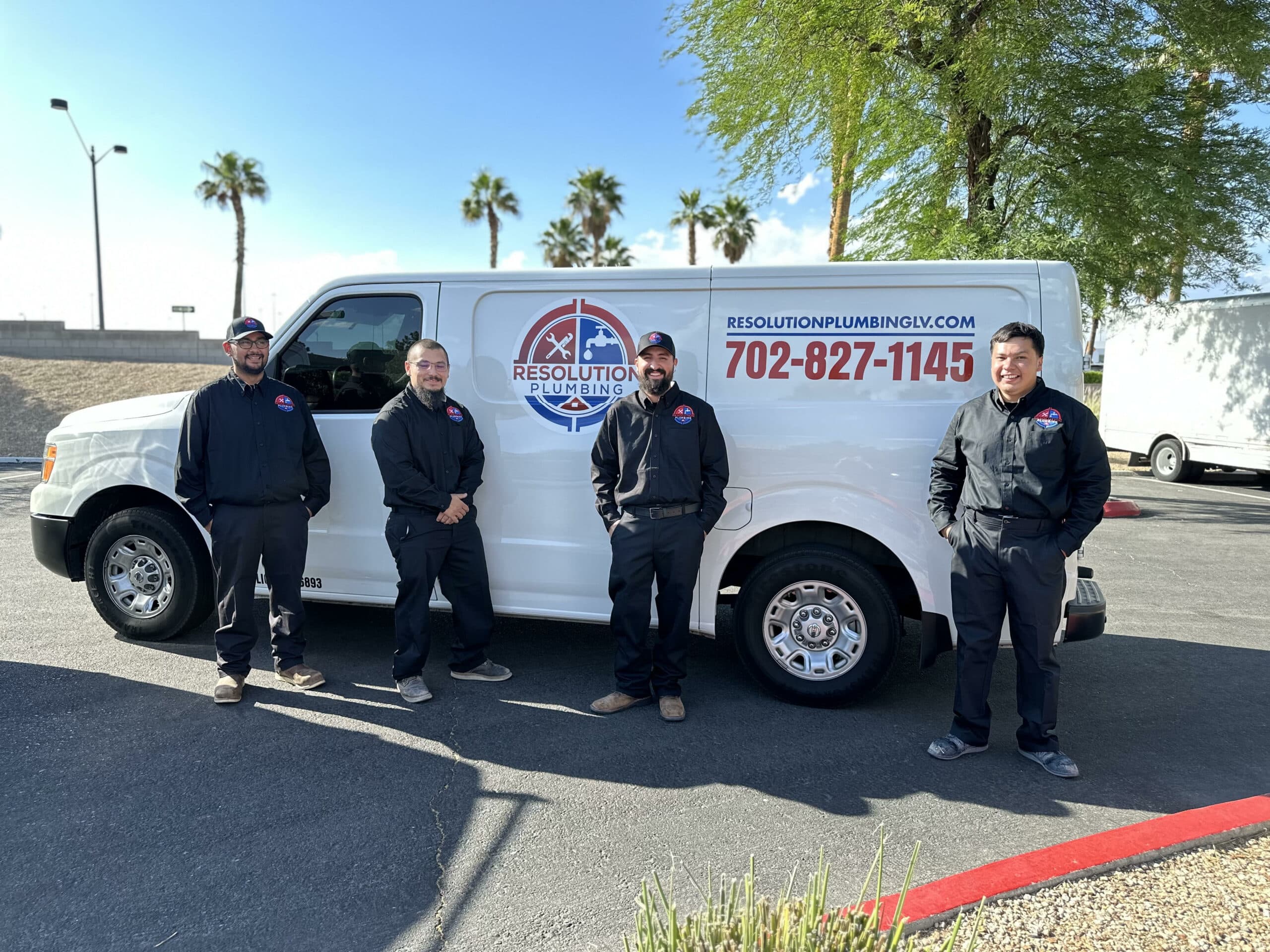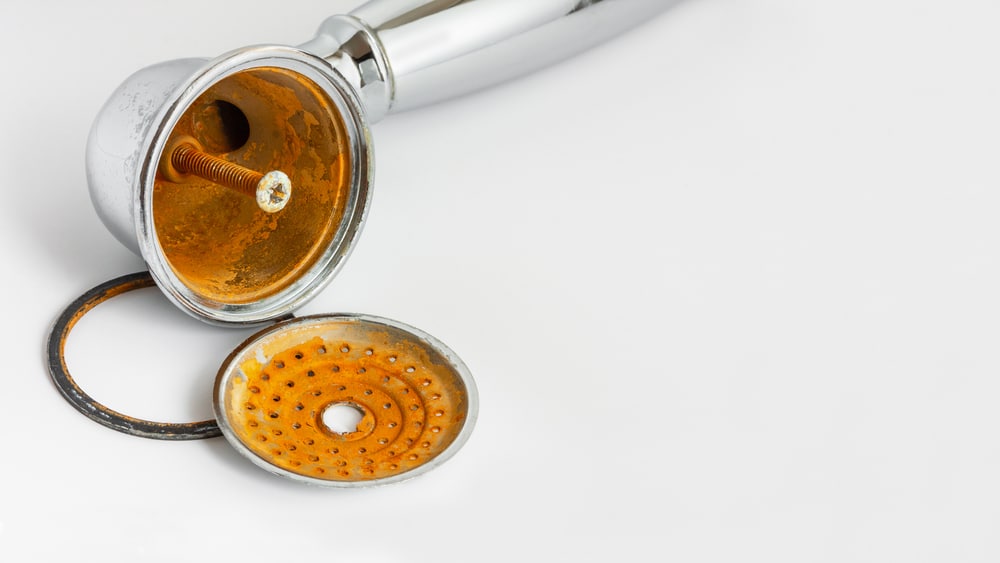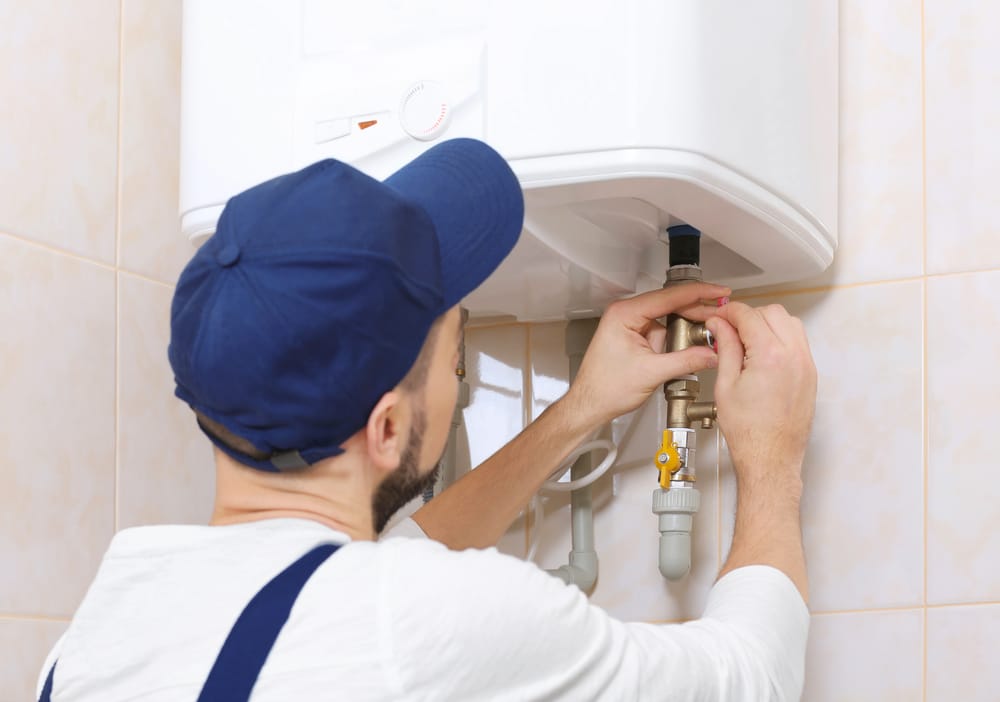Gas line issues can be a serious cause for concern for any homeowner. Whether you’re dealing with a leak, a damaged pipe, or a faulty connection, it’s important to understand the risks and dangers of attempting a DIY gas line repair. While it may be tempting to try to fix the problem on your own, the safety of your home and family should always be your top priority.
In this article, we’ll explore the best course of action to take when dealing with gas line issues. We’ll discuss the risks and dangers of DIY gas line repair, as well as the signs that indicate you need to call in a professional. We’ll also provide some tips on how to properly maintain your gas line to prevent future issues. So if you’re a homeowner dealing with gas line issues, read on to learn more about how to ensure the safety of your home and family.
Risks and Dangers of DIY Gas Line Repair
Before attempting a DIY gas line repair, it’s important to understand the risks and dangers involved. Gas leaks can be extremely dangerous and can lead to explosions, fires, and even death. In fact, according to the National Fire Protection Association, gas leaks are responsible for an average of 430 deaths and 7,000 injuries each year in the United States.
One of the biggest risks of DIY gas line repair is the potential for mistakes. Even a small mistake can have serious consequences when dealing with gas lines. For example, if you accidentally damage a gas line while attempting a repair, it can lead to a gas leak that can quickly become a dangerous situation.
Another risk of DIY gas line repair is the potential for carbon monoxide poisoning. Carbon monoxide is a colorless, odorless gas that can be deadly if inhaled in large amounts. If you’re not trained to work with gas lines, you may not be aware of the signs of carbon monoxide poisoning or how to prevent it.
Signs That Indicate You Need a Professional Gas Line Repair
While it may be tempting to save money by attempting a DIY gas line repair, there are certain signs that indicate you should call in a professional. If you notice any of the following signs, it’s important to contact a licensed gas line repair professional right away:
- You smell gas: If you smell gas in your home, it’s important to take immediate action. Open all windows and doors to ventilate the area, turn off the gas supply, and contact a professional gas line repair technician.
- You hear hissing or whistling sounds: If you hear hissing or whistling sounds coming from your gas line, it’s a sign that there’s a leak. This can be a dangerous situation, and you should contact a professional right away.
- Your gas appliances aren’t working properly: If your gas appliances aren’t working properly, it may be a sign that there’s a problem with your gas line. It’s important to have a professional inspect your gas line to determine the cause of the problem.
Steps to Take Before Attempting DIY Gas Line Repair
If you’re considering attempting a DIY gas line repair, there are certain steps you should take to ensure your safety and the safety of your home and family. Here are some tips to keep in mind before attempting a DIY gas line repair:
- Turn off the gas supply: Before attempting any repairs, it’s important to turn off the gas supply to your home. This will help prevent any accidents or gas leaks while you’re working on the gas line.
- Wear protective gear: When working with gas lines, it’s important to wear protective gear such as gloves, goggles, and a mask. This will help protect you from any potential hazards.
- Follow the manufacturer’s instructions: If you’re attempting a repair on a gas appliance, be sure to follow the manufacturer’s instructions carefully. This will help ensure that you’re making the repair correctly and safely.
Tools Needed for DIY Gas Line Repair
If you’re planning to attempt a DIY gas line repair, you’ll need to have the right tools on hand. Here are some of the tools you may need:
- Pipe wrenches: Pipe wrenches are used to tighten and loosen pipes and fittings.
- Flare wrenches: Flare wrenches are used to tighten and loosen flare fittings.
- Gas leak detectors: Gas leak detectors are used to detect gas leaks and can be a valuable tool when attempting a DIY gas line repair.
- Pipe cutters: Pipe cutters are used to cut pipes to the correct length.
- Teflon tape: Teflon tape is used to seal pipe threads and prevent leaks.
Step-by-Step Guide for DIY Gas Line Repair
If you’re confident in your abilities and have the necessary tools, you may be able to attempt a DIY gas line repair. Here’s a step-by-step guide to help you get started:
- Turn off the gas supply to your home.
- Locate the damaged section of the gas line.
- Cut out the damaged section using a pipe cutter.
- Install a new section of pipe using pipe wrenches.
- Use Teflon tape to seal the pipe threads.
- Turn the gas supply back on and test for leaks using a gas leak detector.
Safety Precautions to Follow During DIY Gas Line Repair
If you’re attempting a DIY gas line repair, it’s important to follow certain safety precautions to ensure your safety and the safety of your home and family. Here are some tips to keep in mind:
- Work in a well-ventilated area: When working with gas lines, it’s important to have good ventilation to prevent the buildup of gas.
- Turn off the gas supply: Before attempting any repairs, it’s important to turn off the gas supply to your home.
- Wear protective gear: When working with gas lines, be sure to wear protective gear such as gloves, goggles, and a mask.
- Use the right tools: Using the right tools for the job can help prevent accidents and ensure that the repair is done correctly.
When to Call in a Professional for Gas Line Repair
While attempting a DIY gas line repair may be tempting, there are certain situations where it’s best to call in a professional. Here are some scenarios where you should contact a licensed gas line repair professional:
- You smell gas: If you smell gas in your home, it’s important to contact a professional right away. Gas leaks can be extremely dangerous and should be dealt with by a professional.
- You’re not confident in your abilities: If you’re not confident in your abilities to make a gas line repair, it’s best to leave it to the professionals.
- You’re dealing with a complex repair: If you’re dealing with a complex gas line repair, it’s best to call in a professional who has the knowledge and experience to handle the job.
Tips for Choosing a Qualified Gas Line Repair Professional
If you’re in need of a professional gas line repair, it’s important to choose a qualified technician. Here are some tips to help you find a reputable gas line repair professional:
- Check for licensing and certifications: Make sure the technician you choose is licensed and certified to work on gas lines.
- Read reviews and ask for references: Reading reviews and asking for references can help you get a sense of the technician’s experience and reputation.
- Ask about pricing and warranties: Before hiring a technician, ask about pricing and warranties to ensure you’re getting a fair deal.
Weighing the Risks and Benefits of DIY Gas Line Repair
DIY gas line repair can be a risky endeavor. While it may be tempting to save money by attempting the repair on your own, it’s important to understand the risks and dangers involved. Gas leaks can be extremely dangerous and should be dealt with by a licensed professional. If you’re dealing with gas line issues, it’s best to contact a qualified gas line repair technician who has the knowledge and experience to handle the job safely and effectively.
